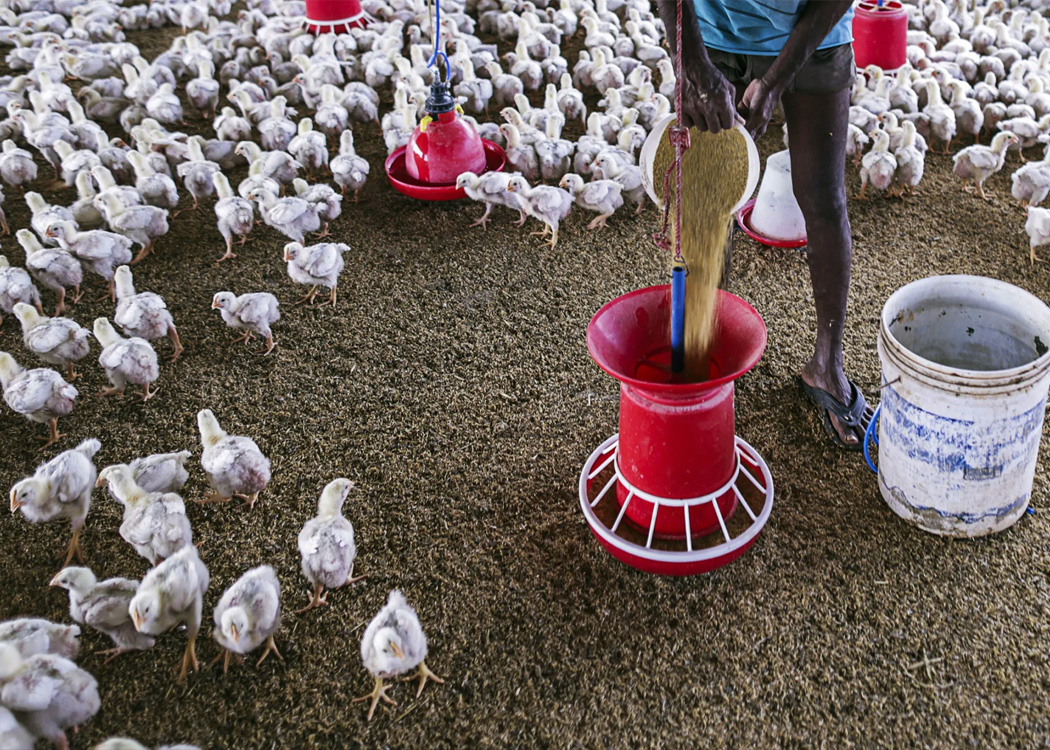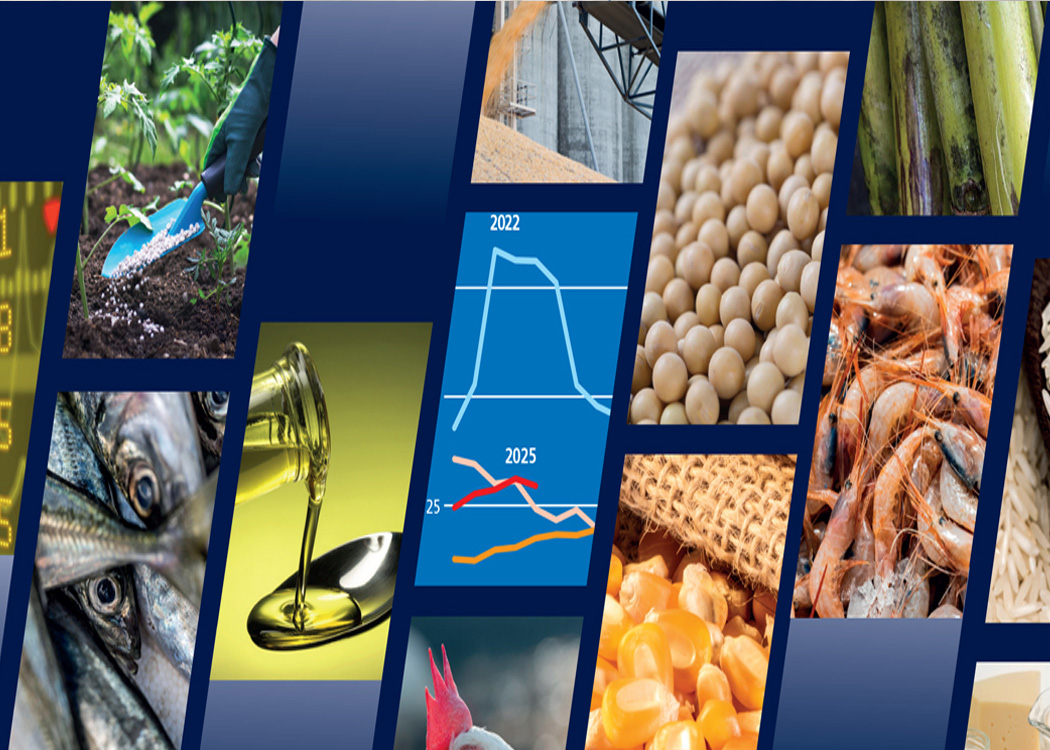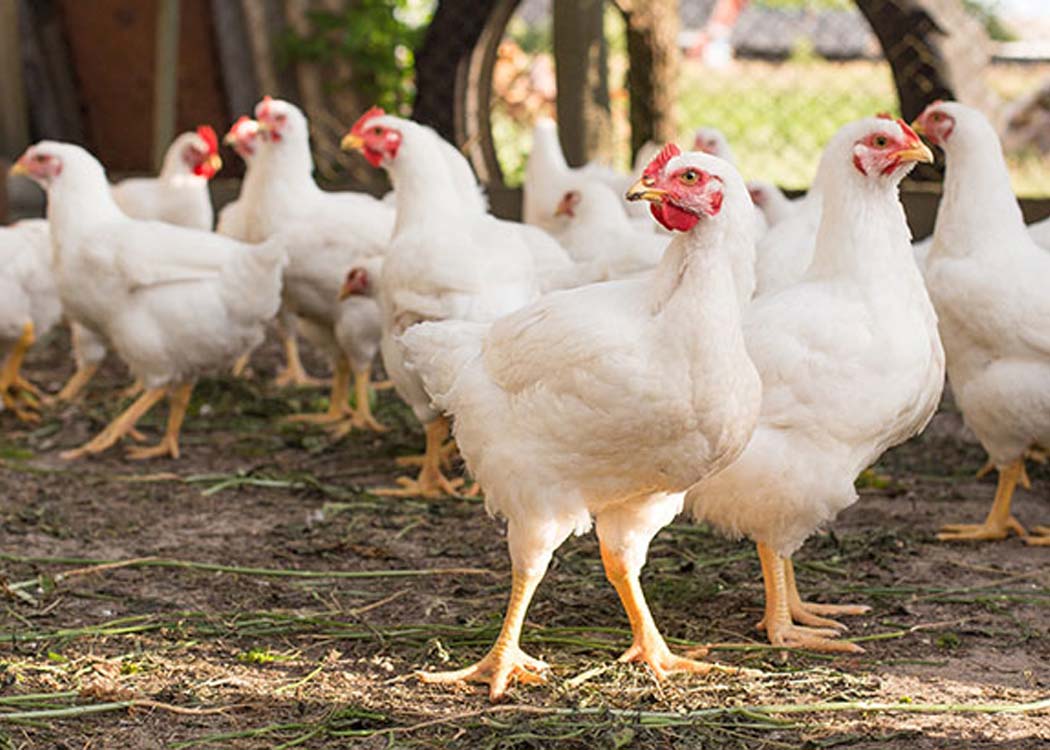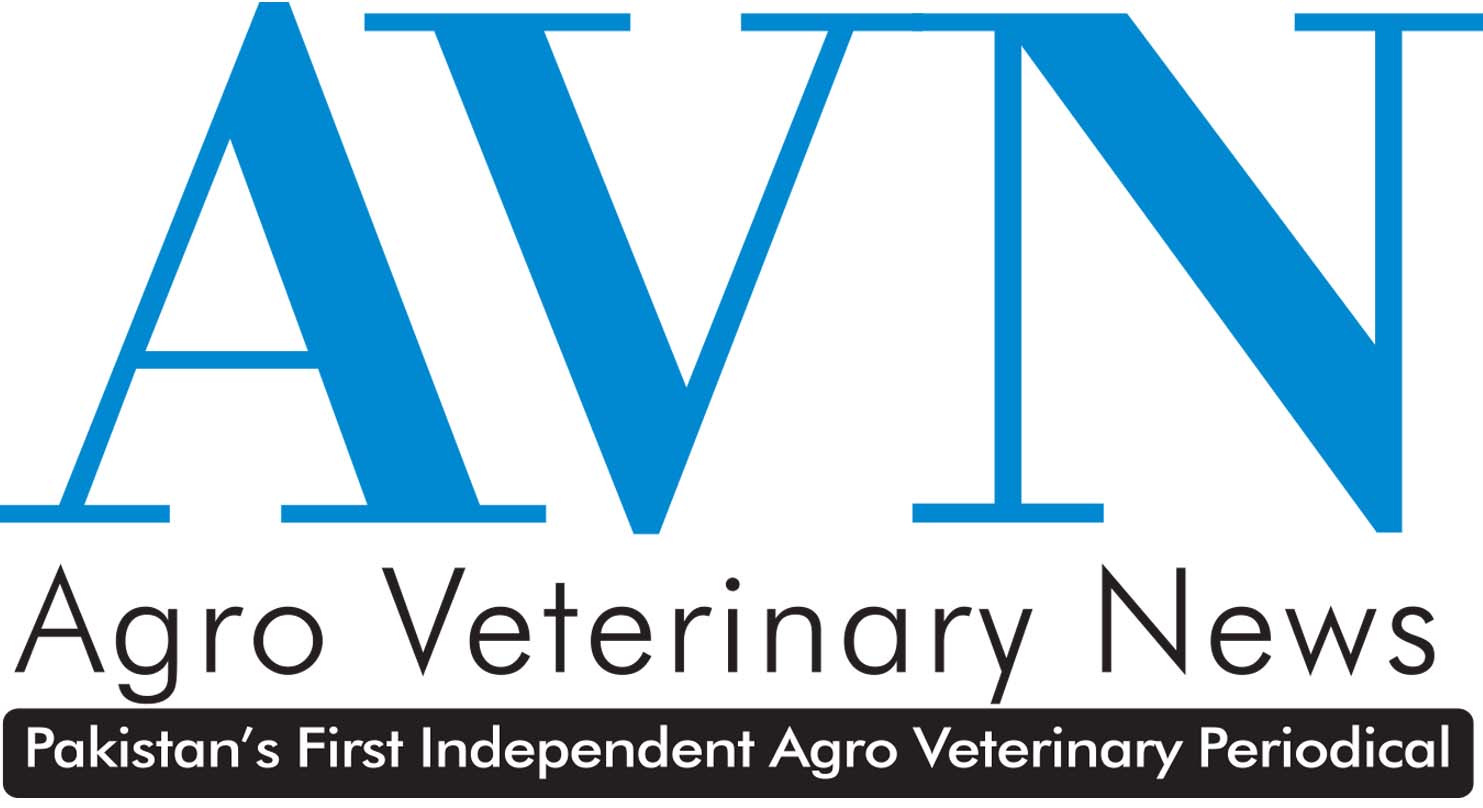Research reveals ionophores, once considered safe in farming, may promote antibiotic-resistant bacteria that affect humans
Salisbury, MD: A groundbreaking study published in mSphere, the journal of the American Society for Microbiology, has uncovered troubling new evidence that common antibiotics used in poultry farming could be contributing to antibiotic resistance in humans.
The research, conducted by scientists at Carleton University in Canada, shines a spotlight on ionophores—a class of antibiotics widely used in poultry to prevent parasitic infections. Until now, ionophores were considered “safe” for use in animals because they are not used in human medicine. But the study reveals a hidden threat: these antibiotics may be quietly encouraging the rise of bacteria that resist life-saving human drugs.
“We’ve long believed ionophores were harmless to people, but this study shows they could actually fuel resistance to the drugs we depend on,” said lead researcher Dr. Alex Wong.
🦠 How it happens: the silent spread of resistance
Researchers found that some bacteria possess special genes—called narA and narB—that allow them to survive ionophore exposure. Alarmingly, these genes often travel together with other genes that protect bacteria from the antibiotics used in human healthcare.
So when ionophores are used in poultry:
- They may encourage the growth of bacteria carrying both animal and human drug resistance genes
- These “superbugs” could then spread to people through the environment or food
- Making human infections much harder to treat with existing medicines
“This study surprised me,” said Dr. Lance Price of George Washington University’s Antibiotic Resistance Action Center. “We used to ignore ionophores. But now we see they might help bacteria become resistant to our most important drugs.”
🐔 Perdue’s precaution: a decade without antibiotics
While many poultry companies still rely on ionophores, Perdue Farms has stayed antibiotic-free since 2016—including no use of ionophores. The company says the new study confirms that their “No Antibiotics Ever” approach is not only better for birds, but also for humans.
“This study validates what we’ve believed all along: what’s good for the bird is good for people,” said Dr. Bruce Stewart-Brown, Chief Science Officer at Perdue Farms. “It’s about protecting public health.”
Perdue’s decision—initially made in response to consumer demand—has since proven to bring tangible health and welfare benefits, according to the company’s long-term animal care data.
🧬 Why this matters
Antibiotic resistance is one of the biggest global health threats, according to the World Health Organization. It occurs when bacteria evolve to outsmart the drugs designed to kill them, rendering routine infections potentially deadly. Each year, resistant infections cause millions of illnesses and deaths worldwide.
This new study adds to growing evidence that even indirect antibiotic use in farming can worsen the problem—even when those drugs aren’t used to treat people.
✅ Key takeaways
- Ionophores, used in poultry, may trigger resistance to antibiotics critical for humans
- These resistance genes can travel and combine, creating hard-to-kill “superbugs”
- Perdue Farms has avoided ionophores since 2016, reaffirming its No Antibiotics Ever commitment
- Scientists urge more responsible antibiotic use in animal farming to protect human health
This research was funded by the Natural Sciences and Engineering Research Council of Canada (NSERC) and Perdue Farms. It is a timely reminder that animal health and human health are deeply connected, and what happens on farms can have ripple effects across the globe.







